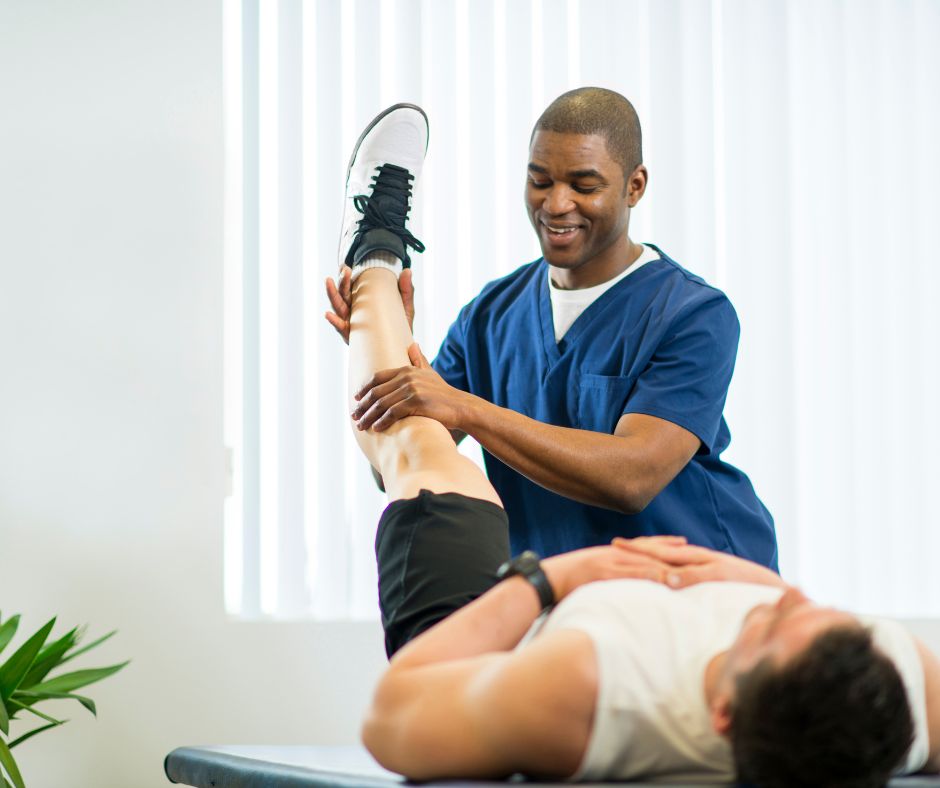The Crucial Impact of Strength Training on Improving Recovery and Effectiveness in Athletic Rehabilitation
Wiki Article
Resistance conditioning holds a crucial part in sports rehabilitation, helping sportspeople heal from injuries and enhance their general performance. When an individual sustains hurt, their physique requires time to heal. However, during this recovery phase, it is essential to preserve strength and mobility to prevent additional injuries. Strength training can be customized to suit the requirements of each individual, concentrating on specific muscle areas that may have been impacted by the injury. This targeted approach not only assists in recovery but also prepares the athlete to return to their activity stronger than previously.

One of the main benefits of resistance conditioning in recovery is its capability to enhance muscle power and endurance. When muscular tissues are stronger, they can more effectively stabilize articulations and reduce the chance of re-injury. For instance, an athlete recovering from a knee injury can benefit from exercises that strengthen the thigh muscles and hamstrings. These muscular tissues play a vital role in supporting the knee articulation. By including strength conditioning into their rehabilitation plan, athletes can recover their strength more efficiently and safely.
In furthermore to building strength, resistance training also enhances flexibility and scope of movement. Many traumas can result to stiffness in the affected region, making it challenging for athletes to navigate freely. Strength conditioning workouts often include extending and elongating the muscles, which can help restore mobility. For instance, incorporating weight bands or weights into flexibility routines can improve the efficacy of these exercises. As mobility improves, athletes can execute movements more efficiently, which is crucial for optimal performance in their activity.
Another important aspect of resistance training in athletic recovery is its beneficial impact on mental well-being. Recovering from an injury can be a difficult and exasperating process for individuals. Participating in resistance training can offer a feeling of achievement and boost confidence. As individuals see improvements in their power and abilities, they may experience more driven to persist their recovery journey. This psychological uplift can be just as important as the bodily advantages, as a positive mindset can result to improved results in rehabilitation.
Finally, resistance conditioning can help athletes transition back to their activity more seamlessly. Once they have recovered their strength and mobility, athletes need to practice sport-specific actions to guarantee they are ready for contests. Resistance conditioning can be combined with activity-specific drills to create a holistic visit site rehabilitation program. This blend allows individuals to not only recover but also improve their capabilities. By focusing on both recovery and capabilities, resistance training becomes an essential instrument in the rehabilitation process, assisting individuals return to their activity more robust and more resilient.